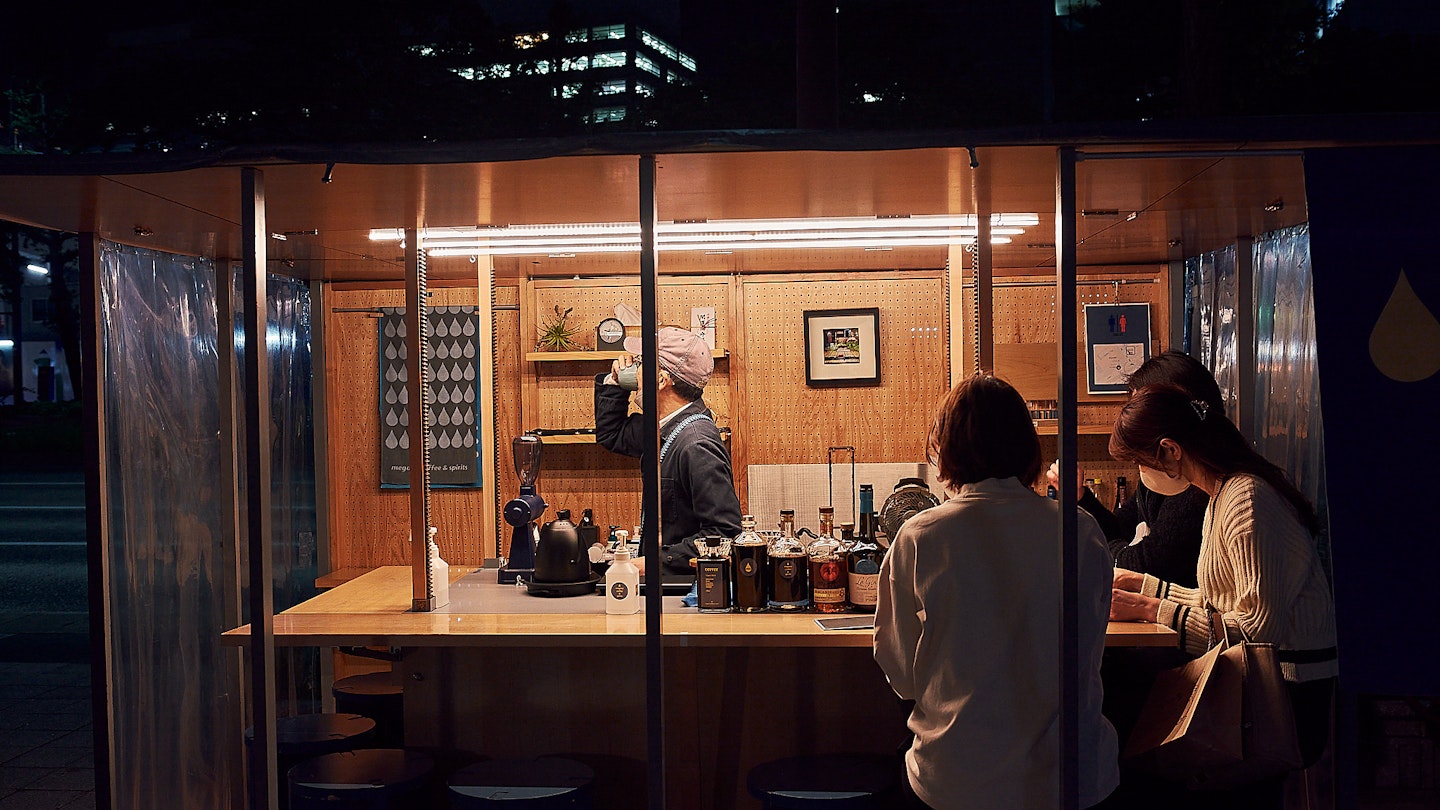Tipping Across Asia: A Comprehensive Guide
Tipping can be a complex aspect of travel, particularly in Asia, where customs vary significantly between countries. Understanding these nuances is essential for respectful and appropriate travel. This guide provides a clear overview of tipping practices across Asian countries, ensuring you navigate your dining, hotel stays, and tours with ease.
Restaurants and Bars
Countries such as China, Myanmar, Singapore, and Taiwan traditionally do not embrace a strong tipping culture. In these locations, leaving extra money at the end of your meal is often considered unnecessary. However, in some trendy restaurants in major Chinese cities, small tips are becoming more accepted due to the influence of international tourists.
In much of Southeast Asia, including Cambodia, Thailand, Vietnam, Indonesia, and Malaysia, hospitality workers are increasingly familiar with receiving tips. In tourist areas, tipping has become more common, although rounding up the bill is typically sufficient in non-touristy spots. Understanding that different visitors have varied expectations can help you gauge appropriate tipping practices.
In India, tipping is customary, with a recommended amount of 10-15% at bars and restaurants, irrespective of whether a service charge is included. Conversely, destinations like the Maldives and Bhutan appreciate tips, but they are not obligatory as service charges are already included in dining bills.

Hotel Staff
In China, the no-tipping culture also applies to hotels. However, if you find yourself at a luxury resort, tipping the porter around 5 yuan per bag is appreciated. Japanese hotels generally do not expect tips; if you wish to offer a token of appreciation, consider leaving 5000 yen in an envelope, though it may be refused if handed directly.
In India, hotel staff often rely on tips, so offering around ₹100 per bag for porters and ₹250-300 per night for housekeeping staff is encouraged, especially in five-star establishments. Across Southeast Asia, service charges are usually included in hotel bills, making tipping unnecessary, though porters and housekeeping staff appreciate small gratuities.

Tour Guides
In China, tour guides typically do not expect tips. However, in South Korea and Taiwan, a tip of around 10% of the total tour cost is customary. In Japan, a good practice is to give tour guides between 2500 and 5000 yen for a full day’s service, preferably in an envelope.
In India, it’s recommended to tip guides ₹500 per day and drivers ₹500-₹600, increasing as necessary for larger groups. In countries like Singapore and the Philippines, a combined tip of 10% of the total tour cost is standard practice, while in other Southeast Asian nations, tipping tour guides $10 to $20 per day is seen as generous and appreciated.
Taxi Drivers
Many taxi drivers in China and South Korea do not expect tips, whereas rounding up the fare in Japan is viewed as polite. In India, while taxi drivers may insist on tips, telling them to keep the change is a courteous gesture. Western visitors in Central Asia are encouraged to tip $10-15 for drivers.
In Singapore, a tip of about $1 is customary for taxi and tuk-tuk drivers. Meanwhile, in Indonesia, the Philippines, and Malaysia, a 10% tip for fixed-fare rides is standard. In Vietnam, Thailand, and Cambodia, tipping drivers is generally not required, but rounding up the fare or suggesting they keep the change is welcomed.
Mosques and Temples
No strict tipping rules exist for mosques and temples, though donation boxes are typically available. It is not expected to tip those providing robes or scarves for women.
Thai Massages
When receiving a casual massage in Thailand, you might tip around 30 baht; for upscale services, consider tipping between 150 to 300 baht. Spa workers across Southeast Asia rely heavily on tips, with many regular customers often leaving 10-20% of the treatment cost, particularly in high-end establishments.
Baksheesh
When traveling through the Middle East and South Asia, you may encounter requests for “baksheesh,” a term generally associated with gratuities. While offering baksheesh for services rendered is acceptable, being approached for baksheesh without service provided is generally viewed as begging, so giving money is at your discretion.





